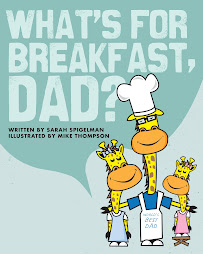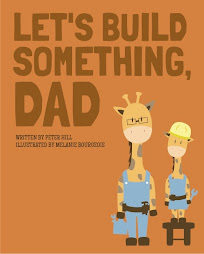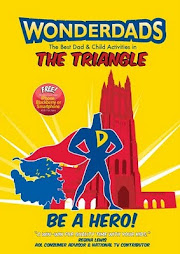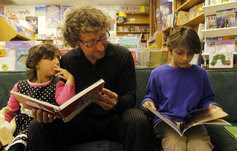Would you
let your child play football?
That’s a hot
question these days as information about long-term medical problems among
former players in the National Football League (NFL) continues to be
revealed. The NFL recently settled a lawsuit for $765 million involving thousands of
its former players. The players claim that the league knew of the potential
risk of brain damage due to repetitive concussions, but did little to educate
them or prevent the injuries from occurring.
Some former
players link their current medical conditions such as Parkinson’s, Alzheimer’s,
Amyotrophic Lateral Sclerosis (ALS), and other neurodegenerative
diseases to their football
playing days. A recent study suggests that professional football players are
three times more likely to have such conditions than the general population.
The study, which was published September 5, 2012 in the medical journal
The NFL has taken major steps in recent years to make the game safer for its players, both in terms of equipment and protocol. In the past, though, whenever a player got his “bell rung” and wobbled to the sideline, he was sent right back into the game as soon as possible, exposing the player to further head injuries.
 Obviously,
there’s a big difference between Little League and the NFL. The massive size,
speed and power of players competing at the highest level is in no way comparable to
young kids just picking up the sport in elementary school. You won’t see the
kind of violent collisions in Pee Wee games that you do on Monday Night
Football.
Obviously,
there’s a big difference between Little League and the NFL. The massive size,
speed and power of players competing at the highest level is in no way comparable to
young kids just picking up the sport in elementary school. You won’t see the
kind of violent collisions in Pee Wee games that you do on Monday Night
Football.On the other hand, there’s also a big difference in the quality of protective equipment used by pros versus youngsters. And, whereas qualified medical staff is always on the sidelines at practices and games for college and pro teams, that’s not the case for younger players.
The barrage
of recent media coverage regarding the NFL lawsuit is shining a light on the
dangers of the sport and making parents across the country wonder whether the
risks are worth it.
Undeniably,
football at any level is violent. Toughness is rewarded. To “shake off” an
injury and get back in the game is seen as admirable. That’s just part of
the culture of the sport and true whether it’s the New York Jets or some Pop
Warner team in Chapel Hill. Taping an ankle and limping back to the gridiron to the
applause of the fans in the stands is one thing; returning to the line of fire
once you’ve “shaken the cobwebs” after a blow to the head is an entirely
different matter.
It’s hard
for a parent to draw the line. Maybe youth leagues are safe but reservations
start to creep in along about the junior high or high school level as the size,
speed and power of its participants increase. Regardless of the dangers, the
sport remains a very popular activity among young people. It is estimated that
3.5 million kids play in youth leagues and one million play in high school.
Most
youngsters who play football don’t sustain serious injuries, although almost
everyone who plays long enough will get a little banged up from time to time, a
twisted ankle or bruised knee here and there. Head injuries, however,
aren’t as easy to detect as a twisted ankle and a bruised brain poses a much
greater risk for problems down the road.
But how
risky is it? A group of researchers in North Carolina and Virginia is hoping to
shed some light on the subject, according to an article in Technology Review. The
researchers worked with two youth teams and one high school team, representing
children aged 6-18, during the 2012-2013 football season. With helmets equipped
with accelerometers, more than 16,000 head impacts were recorded and measured
over the course of that season. Players were given neurological tests and brain
scans using magnetic resonance imaging and magnetoencephalography to look for
changes in the brain before and after the season. Results are still being analyzed.
The
researchers hope to develop tools to identify when a player has been hit hard
enough, or repeatedly enough, to risk a concussion or other brain injury.
The decision
can be a tough one for parents. Most of us want our kids involved in
extracurricular activities and believe participating on an athletic team builds
confidence and discipline. We may wonder whether football is really more
dangerous than soccer or skateboarding or surfing or driving a car or other
activities in which we allow our child to participate. Many of us have fond
memories of Friday nights under the lights and feel like a hypocrite denying
the same experience to our children.
Still, keeping our children safe is a
fundamental task as a parent. Each family must consider the pros and cons and
make a decision that’s right for their child.


















